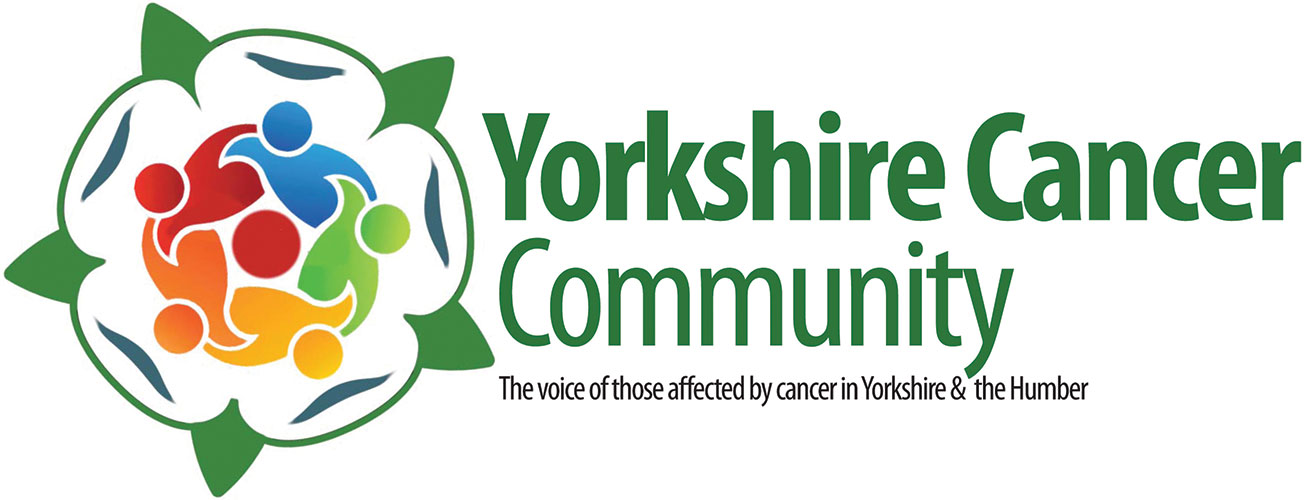Sue Flynn of Leeds is a glass half full kind of person. Although the pandemic has prevented her from regular trips to her favourite Turkish resort, she has appreciated glorious summer days in the garden or local countryside.
Speaking to her on the day of the second national lockdown, Sue told me: “It should be easier this time, as there are no restrictions on daily exercise.”
Sue was diagnosed with breast cancer in March 2014, followed by chemotherapy, radiotherapy and still takes prescribed hormone medication. Sadly, she has severe osteoporosis as a result of the medication, and as a result of the chemical menopause. But this does not stop her from walking her pair of Westies, attending a Nordic walking group or a Pilates class, when Covid regulations allow.
She signed up to be a Digital Champion as it was a way of giving back while unable to volunteer physically. As a member of the MY breast cancer support group, and a regular visitor to Breast Cancer Haven in Leeds, Sue has enthusiastically thrown herself into various fundraising challenges.
She is no stranger to online auctions or tombolas to fund a garden transformation for a patient with secondary breast cancer to enjoy. She has used her skills as a former PR Director to assist Breast Cancer Haven, and also taken part in their annual fashion shows.
“When I was going through treatment, I felt absolute rubbish. Seeing the ladies taking part in the shows gave me hope that at some point I would start feeling better. When I could do so, I decided to take part. It was such fun,” she explained.
As a digital champion Sue gets to share positive health messages which reassure people the NHS is still there for them, even during lockdown.
“I’m worried that people are not accessing the NHS, because of fear, but I want people to know that systems are in place. When I’ve been to the GP or for a regular mammogram, I’ve found it’s all been handled very well and I’ve felt absolutely safe.”
Speaking to her on the day of the second national lockdown, Sue told me: “It should be easier this time, as there are no restrictions on daily exercise.”
Sue was diagnosed with breast cancer in March 2014, followed by chemotherapy, radiotherapy and still takes prescribed hormone medication. Sadly, she has severe osteoporosis as a result of the medication, and as a result of the chemical menopause. But this does not stop her from walking her pair of Westies, attending a Nordic walking group or a Pilates class, when Covid regulations allow.
She signed up to be a Digital Champion as it was a way of giving back while unable to volunteer physically. As a member of the MY breast cancer support group, and a regular visitor to Breast Cancer Haven in Leeds, Sue has enthusiastically thrown herself into various fundraising challenges.
She is no stranger to online auctions or tombolas to fund a garden transformation for a patient with secondary breast cancer to enjoy. She has used her skills as a former PR Director to assist Breast Cancer Haven, and also taken part in their annual fashion shows.
“When I was going through treatment, I felt absolute rubbish. Seeing the ladies taking part in the shows gave me hope that at some point I would start feeling better. When I could do so, I decided to take part. It was such fun,” she explained.
As a digital champion Sue gets to share positive health messages which reassure people the NHS is still there for them, even during lockdown.
“I’m worried that people are not accessing the NHS, because of fear, but I want people to know that systems are in place. When I’ve been to the GP or for a regular mammogram, I’ve found it’s all been handled very well and I’ve felt absolutely safe.”
